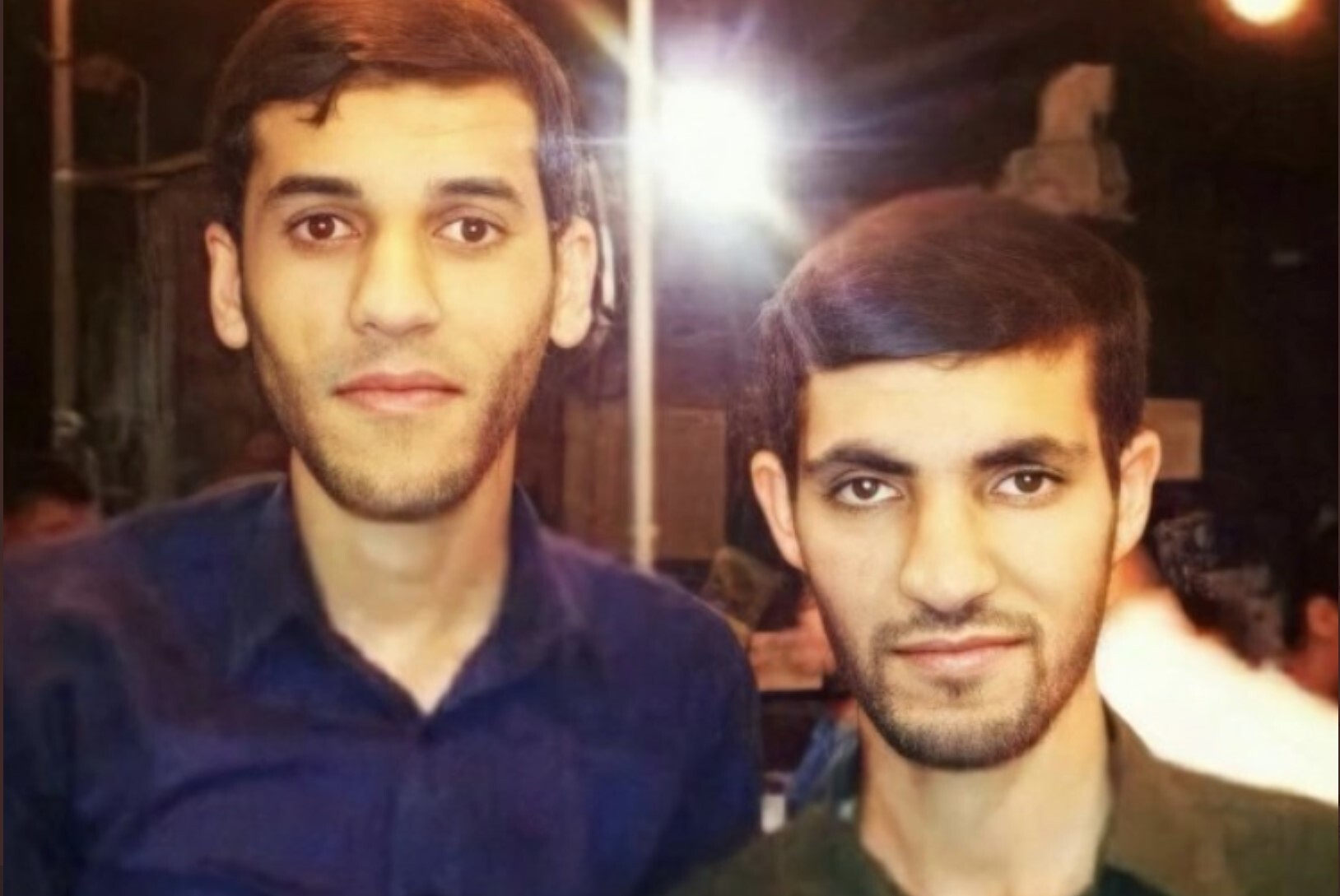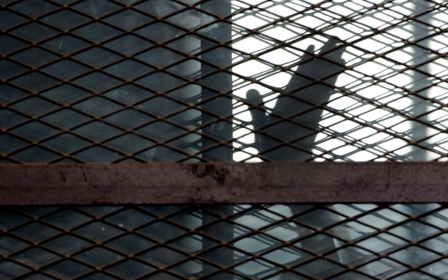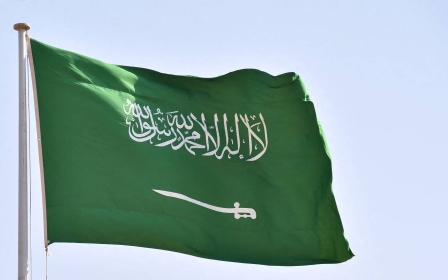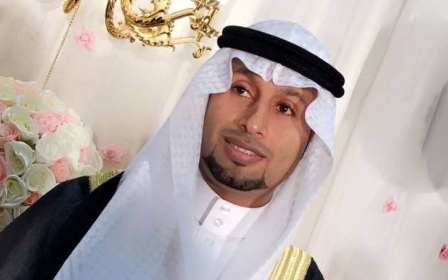Saudi Arabia: Eminent UK MP condemns execution of Bahrainis, with others at risk

The UK parliament's longest-serving MP has condemned the execution of two Bahraini men in Saudi Arabia this week, as human rights groups say there is a grave risk of more to come.
Jaafar Sultan, 33, and Sadeq Thamer, 31, who were convicted on terrorism and protest-related charges and given the death penalty in 2021, long maintained that they were tortured into making confessions and denied access to lawyers until after their trial began.
Their cases were raised repeatedly by human rights groups, politicians and the UN, which warned Saudi Arabia twice that enforcing their death penalties could constitute arbitrary execution.
On Monday, the state-run Saudi Press Agency announced that the two men had been executed, an act MP Sir Peter Bottomley, father of the House of Commons, has told Middle East Eye was "a grave miscarriage of justice".
"When Jaafar and Sadiq’s death sentences were finalised last year, I and 14 other parliamentarians wrote to the Saudi authorities, urging a halt to the executions," said Bottomley, who is also chair of the All Party Parliamentary Group on democracy and human rights in the Gulf. "The cross-party call fell on deaf ears."
New MEE newsletter: Jerusalem Dispatch
Sign up to get the latest insights and analysis on Israel-Palestine, alongside Turkey Unpacked and other MEE newsletters
Bottomley joined the men's families, who only learned about the executions from news reports, in calling on Saudi authorities to hand over their bodies "as soon as possible".
Jaafar's father, Mohamed Ali Sultan, made a plea for their return in a video seen by MEE. "We request the return of our sons' bodies, granting us the fundamental right to lay them to rest in accordance with our beliefs and traditions," he said. "We want our children to be buried next to us."
Secret executions
Human rights advocates expressed shock at the recent spike in executions in the kingdom, which they said was especially alarming because of the nature of the alleged offences and the secrecy in which they are happening.
Before Sultan and Thamer's execution, three men from Saudi Arabia's Eastern Province - Hassan bin Issa al-Muhanna, Haidar bin Hassan Muwais and Mohammed bin Ibrahim Muwais - were executed.
Their cases had not been publicised and were not on the radar for rights groups until the executions.
'So often, despite comprehensive monitoring of public sources, the first we hear of them is when they are executed'
- Jeed Basyouni, Reprieve
"These young Bahraini men, like the young men from Eastern Province killed last week, were convicted on 'terrorism' charges in secret trials after being tortured into signing false confessions," said Jeed Basyouni, who leads on the Middle East and North Africa for Reprieve.
"This is a regime that will not tolerate dissent, using the death penalty as a warning to others not to demand basic human rights."
Basyouni said it is hard to know how many others may be at risk of execution for protest-related offences. The Saudi government does not publish the names of death row inmates, or the charges they face.
"So often, despite comprehensive monitoring of public sources, the first we hear of them is when they are executed," she said.
Basyouni said two cases of particular concern are those of Youssef al-Manasif and Abdullah al-Derazi, who were children at the time of alleged protest-related offences, but are on death row despite a Saudi royal decree abolishing the death penalty for children in 2020.
Last month, Derazi's father reportedly sent a letter telling US Secretary of State Antony Blinken that the Saudi government was "deaf to our cries" but would listen to him, and pleading for Blinken to "bring our sweet and sensitive boy home".
"If Saudi Arabia's Supreme Court upholds their death sentences, they could be next," Basyouni said. "The kingdom's international partners must prevent their execution before it is too late."
'Stand firmer'
The recent executions come after a Jordanian man on Saudi death row - whose case had been taken up by UK politicians, including two British foreign ministers, and the UN - was also executed in March.
Hussein Abo al-Kheir's case was raised prominently in parliament - and privately to Saudi authorities - last November, after 20 people were executed in quick succession on drug-related convictions which Saudi authorities had previously said would not incur the death penalty.
During those discussions, a Foreign Office minister said that Saudi Arabia had "abhorrently" tortured Kheir, but later had his comments struck from the parliamentary record, attracting sharp criticism from some MPs.
Bottomley said that when the issues had been raised in the House of Commons, the government had underscored its opposition to the use of the death penalty.
"It is important that we stand firmer in support of this commitment," he said.
Middle East Eye delivers independent and unrivalled coverage and analysis of the Middle East, North Africa and beyond. To learn more about republishing this content and the associated fees, please fill out this form. More about MEE can be found here.




